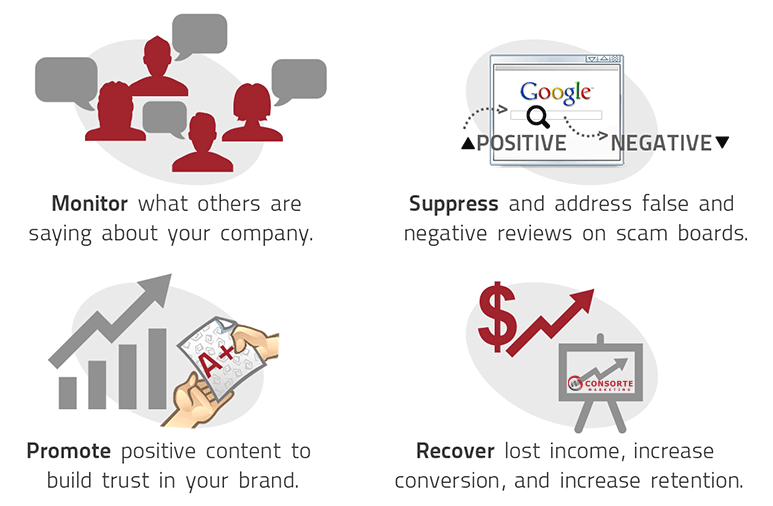
Remove Court Records from the Internet – Do old court cases show up when you search your name online? Use our proven solutions to get your court records off the internet. Below is a beginners guide to removing old court documents and other legal records from the internet.
- How to Remove Public Court Records Online
- How to Remove Public Court Records from Google and the Internet
- You’re probably asking yourself “How do I remove or delete these court records from the search engines?”
Skype: Oli-jee, Email: surjeet@ppcchamp.com
Our company www.ppcchamp.com has spent years developing methods to remove online information. This includes court documents and any other information or records that are deemed threats to your Internet reputation.
We specialize in the removal of public records, slander and other harmful online information. Our methods have removed countless records from the Internet to help individuals and businesses restore their reputations.
Table of Contents
What is online reputation management exactly?
Online reputation management (ORM) is about improving or restoring your name or your brand’s good standing. This is by countering, weakening or eliminating the negative material found in the Internet – defeating it with more positive material to improving your credibility and customers’ trust in you.
We Can Get Your Public Court Case Records Deleted off the Internet

We use the following two-pronged approach to remove public court records from Google and the Internet:
- We first check our databases for exact matches of websites that we have developed removal techniques for. Over the years, we have compiled a list of websites that we can remove information from. Our list of removal websites includes over 5 million webpages, so there’s a good chance that we’ll be able to fix your problem using our internal database. If your court cases or records appear on a site that is not on our list, we will make every effort to remove them.
- Next, we will flood the Internet with positive content and websites pertaining to you or your company. This sets up a virtual firewall that protects your Internet reputation from negative court cases and other public records.
Below are a few of the primary websites that your court records might appear on. Keep in mind that the reason your court case is on these sites is because it is public record, and as a result, the sites below are not breaking the law by publishing the information online. We have developed techniques to help you remove your court records from the websites below and to deindex these records from search engines like Google, Yahoo and Bing.
If you are looking to delete public court records from the internet, the information provided in the guide below will help get you started.
Websites that Publish Public Court Cases and Legal Records
Below are a just a few of the many websites that we help our clients with:
Open-Public-Records.com
Open-Public-Records is a public record search site that publishes criminal records, court records, birth records, information on elected officials, and public health records.
Justia.com
Justia is a publisher of case law and litigation records intended to be used by lawyers. While these reports may come in handy for practicing attorneys, they can ruin the reputations of those involved in the court cases Justia publishes online.
FINDACASE.COM
This particular website hosts over 5 million court records. It also contains legal definitions, footnotes and more. The site is designed for people looking for additional information on specific court cases. The site generates revenue by selling additional case information including footnotes, citations and docket numbers.
LAW.JUSTIA.COM
This website is a division of the legal dictionary and research tool known as justia.com. It hosts millions of records, lawsuits, appeals and legal documents from across the United States and from other select countries.
LEXISNEXIS.COM
A legal filing and research website for lawyers, courts and researchers. LexisNexis contains millions of court cases and public records. The site makes high profile and important court cases public, as well as other general public records.
123COURTRECORDS.COM
This is a new website that was launched in 2015. We’ve helped a number of clients prevent the records on this site from appearing on the Internet.
Why Is My Court Case on the Internet?
NOTE WELL! We can only respond to copies of court cases on the resource.org servers. Those are the only computers we can control. If your court case is on a government web site or on another computer that is not part of resource.org, we cannot help you. This page is only applicable to the resource.org computers. Thank you.
Purpose and Scope of This Page
This policy describes why Public.Resource.Org, a 501(c)(3) nonprofit organization, is putting court cases on the Internet and what you can do if you object to seeing your case show up on search engines such as Google, Yahoo, and Microsoft.
Court Cases Are Public Records
If a case is heard by the Supreme Court of the United States, no one would argue that the opinion should not be published and viewable by all. The decisions of the Supreme Court are the law of the land, and all citizens must be able to read their decisions.
In the United States, the decisions of the courts, from the Supreme Court on down to lowest municipal court, have always been available on high-priced commercial services such as West Law and Lexis Nexis. These services—a “rich man’s Google”—have always been available to those with the financial resources to pay hundreds of dollars per hour. The decisions of our courts have never been secret, they have just been locked up behind a cash register.
We Are All Hurt When the Law is Not Public
America is a nation of laws, and all citizens are presumed to know the law of the land. The high-priced services have not been available to citizens that wish to read court decisions, but those decisions have also been out of the reach of many working lawyers: many government lawyers, public interest lawyers, and small-town law practices cannot afford and do not have access to the databases they need to do their job.
There is a compelling public interest in making the law broadly available to all. The decisions of the courts are the rules of our society.
Why Did My Name Suddenly Come Up In Google, Yahoo, or Microsoft After All These Years?
Most courts today are publishing their opinions on the Internet. If you search for a current court case from a Court of Appeals or a Supreme Court of the States or the U.S., you will find that case on the Internet directly from the courts. Many other services in universities and for lawyers also have those cases.
But, the archive of Court of Appeals decisions have not been available. Public.Resource.Org obtained a 50-year archive of these decisions and have put them on the Internet at bulk.resource.org. The decisions are downloaded from us to legal information services in universities and in companies that serve lawyers. We are also collecting court cases from the states, and from the District Courts, in cooperation with a growing movement of “free law” groups around the country.
Our computer is searched, just like every other web server on the Internet, by search services such as Google, Yahoo!, and Microsoft, and that information becomes available when people conduct searches.
Will You Remove a Court Case?
Public records are just that: information that needs to be available to the public. We will not remove any public documents without a court order. Remember, there are many, many copies of these court decisions in existence, and Public.Resource.Org has just one of those many copies. If you want information deleted, your only recourse is with the courts that issued the opinion. You should contact the court directly or hire an attorney to do so for you.
Can You At Least Remove It From Google, Yahoo, or Microsoft?
Yes, but only partly. If you send us a written request, we will tell search engines not to index the file on our servers, using a mechanism known as the robots.txt file. That means that, after a while, the copy of your case on our bulk.resource.org server would not show up on Google, Yahoo, or Microsoft.
But, remember, many places have copies of these decisions from many different sources. So, even though the case will not show up on the search engine FROM OUR SERVER at bulk.resource.org, it is likely to show up from many other places, and we have no control over those other organizations.
To have a case listed in our robots.txt file so it is not indexed by search engines, please send your written request to:
Public.Resource.Org
1005 Gravenstein Highway North
Sebastopol, CA 95472
We do not guarantee acceptance of these requests by email since we cannot guarantee that our system will not filter your email out as spam.
Will This Be Permanent?
We might change this policy in the future and make no guarantees that we will keep this robots.txt file in place indefinitely. As explained above, court opinions are public records and without a court order, we will not remove cases.
Public.Resource.Org is continually evaluating the privacy implications of releasing public records to a broader audience. We feel the courts have a responsibility to address this issue squarely, but even if they do not address the issue, we must. Your comments and feedback on our policy are welcome. Please contact us at carl [at] media [dot] org with your comments.
how to remove public records from court
Our public record removal approach is quick and effective. You might speak to other reputation management companies who tell you that removing information from Google and the Internet is impossible. This is because they have not made, or are not willing to make, the required efforts. Here, we’ll do whatever it takes to remove and suppress negative items online.
If you have a court case, court record, docket or any other related information on the Internet that you want removed, contact us today for a free consultation.
Call us - +91 9915337448, skype: oli-jee, Email: surjeet@ppcchamp.com


 If you'd like us to dramatically improve your website & business, visit our "
If you'd like us to dramatically improve your website & business, visit our "